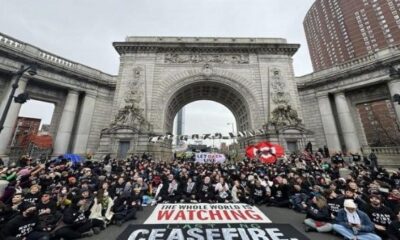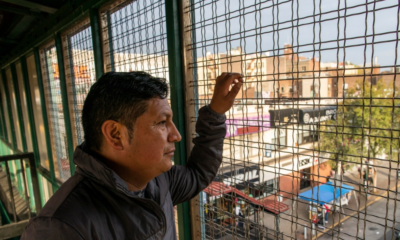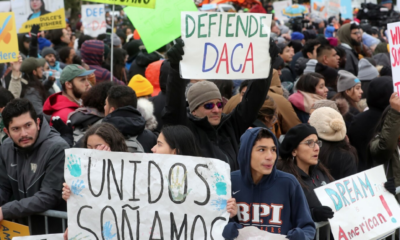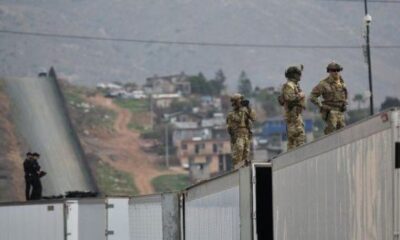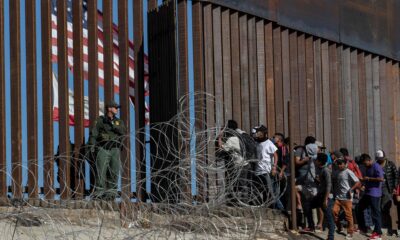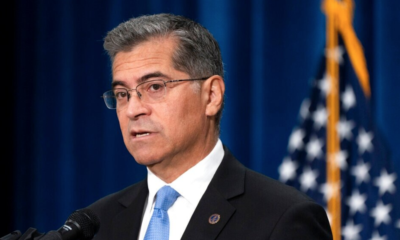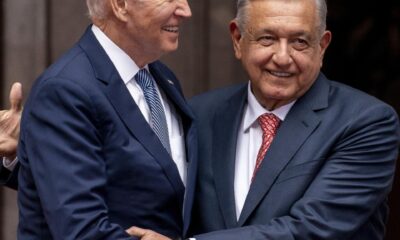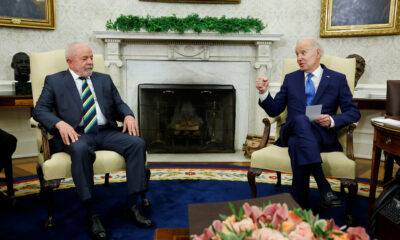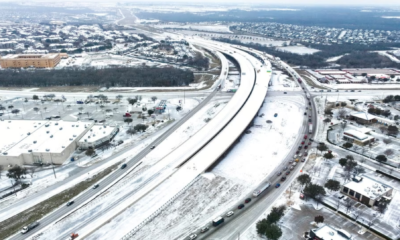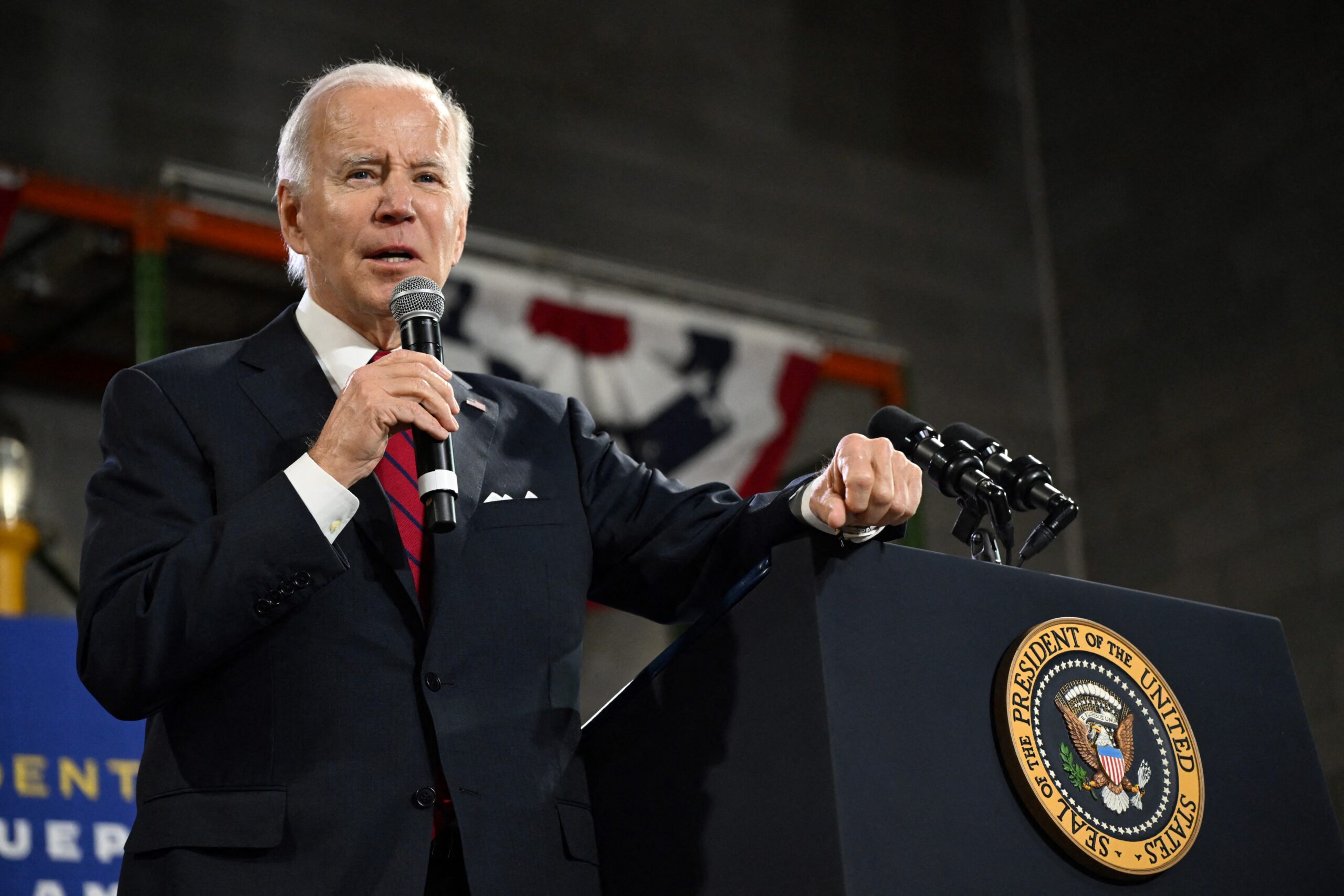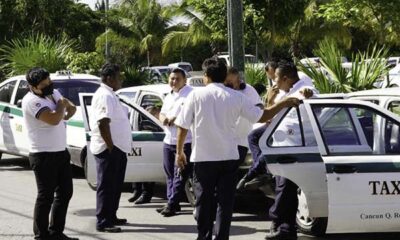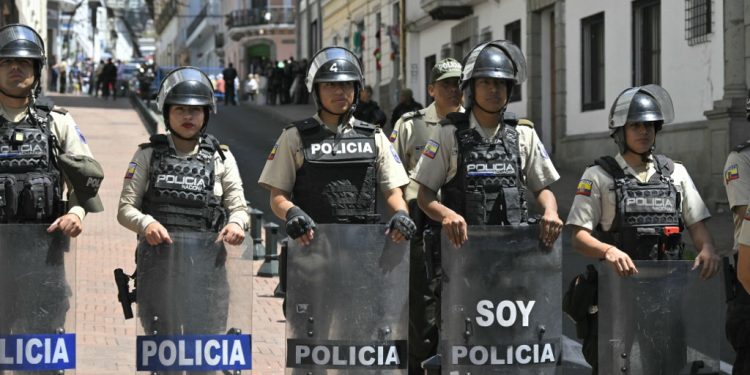International
Inflation clouds ‘Black Friday’ kickoff of US holiday shopping season

International
Ecuador declares state of emergency in five provinces to combat organized crime
International
Argentine president criticizes spanish PM amidst political row
International
The death toll of the devastating floods in Kenya amounts to 210
-
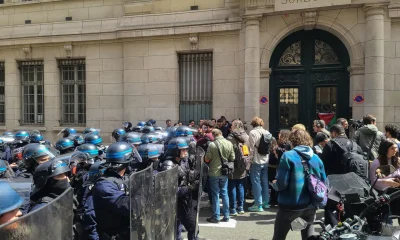
 International5 days ago
International5 days agoPolice enter La Sorbonne to expel dozens of pro-Palestinian students
-

 International5 days ago
International5 days agoFormer President Alberto Fujimori, admitted to a hospital for probable tumor in the tongue
-
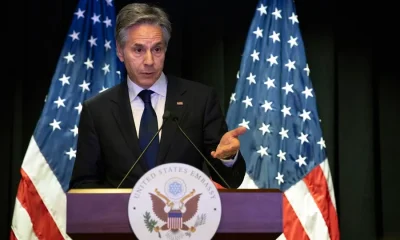
 International5 days ago
International5 days agoThe US warns that it cannot support the Rafah invasion without seeing Israel’s plan to protect civilians
-

 International5 days ago
International5 days agoPro-independence Humza Yousaf resigns as chief minister of Scotland
-
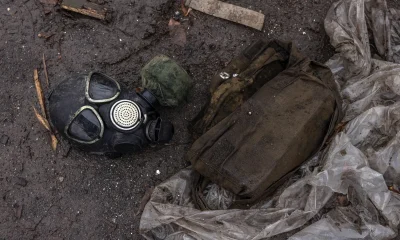
 International2 days ago
International2 days agoThe United States accuses Russia of using chemical weapons against Ukraine
-

 International2 days ago
International2 days ago‘Gaby’ Carrizo, the unpopular ruling presidential candidate for the Presidency of Panama
-

 International5 days ago
International5 days agoDesertions in the Russian Army in Ukraine are growing, according to Kiev’s military intelligence
-

 International2 days ago
International2 days agoTrump promises the largest deportation of migrants in history, “they are going to destroy the country”
-
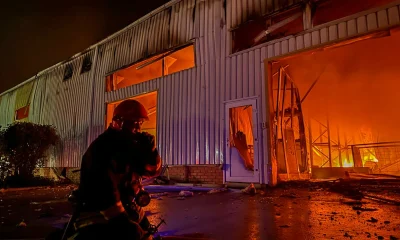
 International2 days ago
International2 days agoRussia destroys postal infrastructure in Odessa in another ballistic missile attack
-

 International2 days ago
International2 days agoThe trial against Daniel Sancho in Thailand concludes and the reading of the sentence is set for August 29
-

 International2 days ago
International2 days agoTrump defends that each state can legislate on abortion after the restriction in Florida
-

 International20 hours ago
International20 hours agoDeaths in Gaza rise to 34,622, after the deaths of 26 people in the last few hours
-
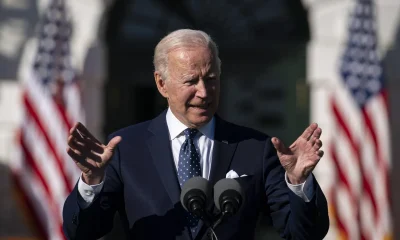
 International3 days ago
International3 days agoThe Biden administration will forgive $6.1 billion in debt of art students
-

 International20 hours ago
International20 hours agoZelenski informs David Cameron of the course of the war in Ukraine
-

 International20 hours ago
International20 hours agoDenmark will raise the limit for abortion from 12 to 18 weeks
-

 International20 hours ago
International20 hours agoThe death toll of the devastating floods in Kenya amounts to 210
-
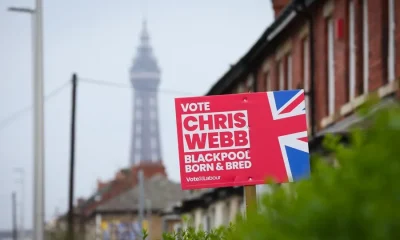
 International20 hours ago
International20 hours agoStarmer asks Sunak to call elections after the Labour advance in the municipal elections
-
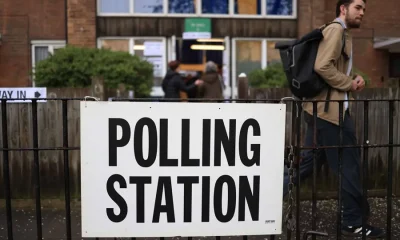
 International2 days ago
International2 days agoThe polling stations open in the municipal by-elections in England
-
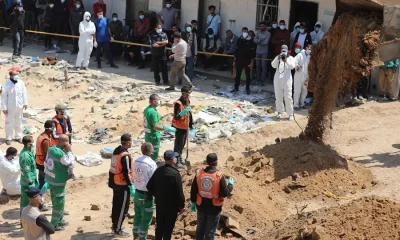
 International2 days ago
International2 days agoA reputed surgeon from Gaza’s Al Shifa hospital dies in an Israeli prison
-

 International3 days ago
International3 days agoBlinken praises a truce proposal and Netanyahu gets stuck in his rejection at the end of the war
-

 International20 hours ago
International20 hours agoAt least 20 dead and 21 injured when a bus crashed through a ravine in Pakistan
-
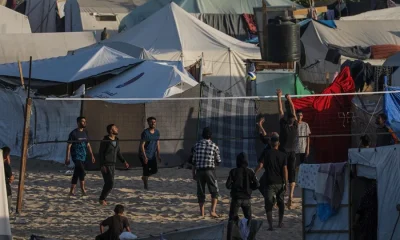
 International5 days ago
International5 days agoThe United States says that Israel has made an “extraordinarily generous” proposal for a truce to Hamas
-

 International3 days ago
International3 days agoUS lawmakers threaten reprisals to the ICC if it issues orders against Israel
-
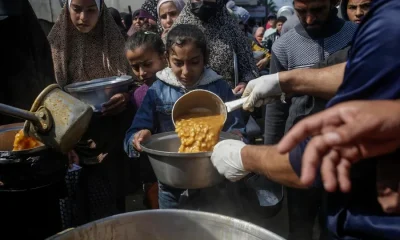
 International5 days ago
International5 days agoPeople are already dying from diseases in Gaza and not only from the bombings, denounces MSF
-
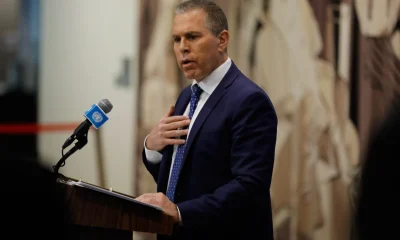
 International3 days ago
International3 days agoIsrael compares the protests in Columbia at the UN with a passage from Nazi Germany
-

 International3 days ago
International3 days agoNew York Police surround the protest of the Columbia University campus
-

 International3 days ago
International3 days agoThe United States will take a historic step by classifying marijuana as a low-risk drug
-
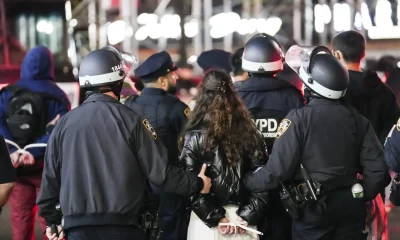
 International3 days ago
International3 days agoNew York puts 282 detainees in pro-Palestinian university protests with “external agitators”
-

 Internacionales3 days ago
Internacionales3 days agoPetro denounces missing more than one million projectiles and ammunition from military bases
-
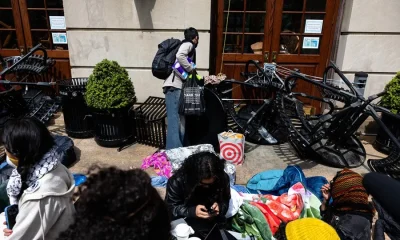
 International3 days ago
International3 days agoThe debate is growing about whether student protests in the US are anti-Semitic or anti-war
-

 International52 mins ago
International52 mins agoEcuador declares state of emergency in five provinces to combat organized crime
-

 International57 mins ago
International57 mins agoArgentine president criticizes spanish PM amidst political row






























